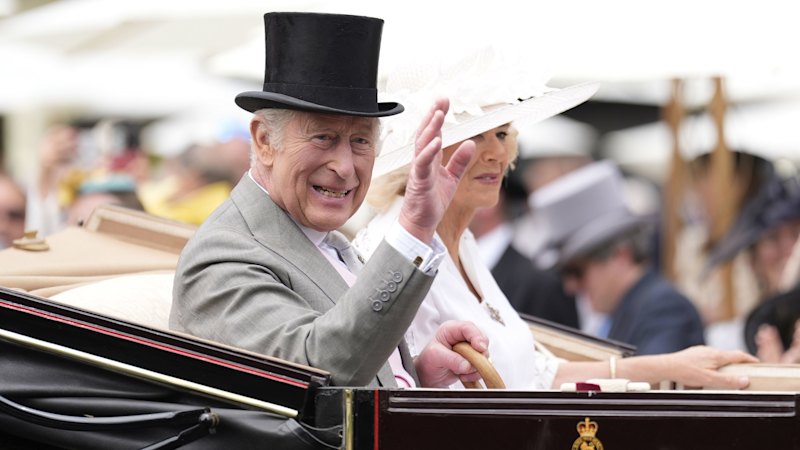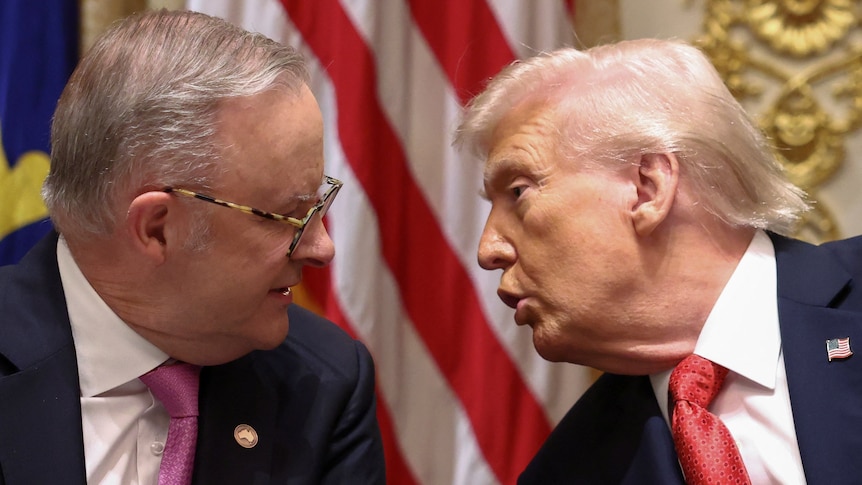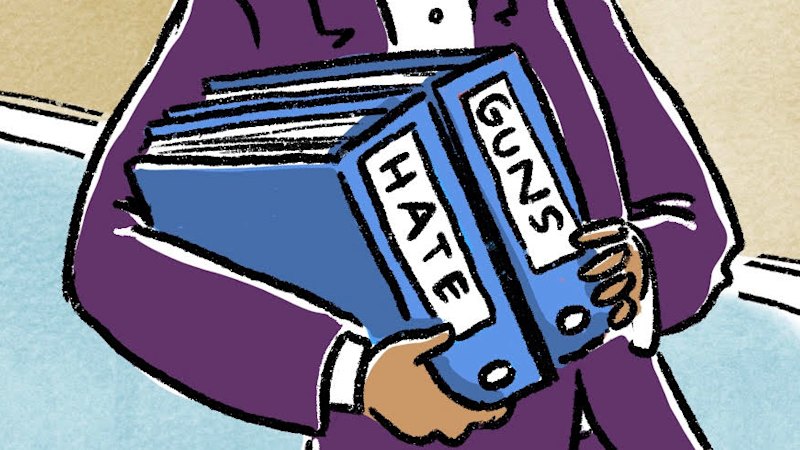
Language learners in Britain are reportedly grappling with the complexities of the word “sorry,” which serves multiple functions and can convey varying degrees of meaning. This linguistic challenge, while significant, pales in comparison to the intricacies found in Australian English, which many argue is a more complex and nuanced form of the language.
Australians often employ the term “mate” in ways that range from friendly to confrontational. The Australian Labor Party (ALP) version of “mate,” for instance, is often elongated to “maaaaaate,” signaling an impending political crisis. Similarly, a terse “excuse me, mate” might be directed at someone obstructing a doorway, while a cheerful “thanks, mate” expresses gratitude when the individual finally moves aside. In a mechanic’s shop, however, “mate” might carry a different connotation, suggesting the speaker perceives the customer as uninformed about vehicles, potentially leading to inflated repair costs.
The Australian vernacular also showcases a penchant for abbreviation. Names like Sharon become “Shaz,” and Darren becomes “Daz.” Aggression is shortened to “agro,” while iconic rock band ACDC is affectionately referred to as “Acca Dacca.” This tendency to truncate language extends to everyday items, with “breakfast” becoming “brekky” and “vegetarian” morphing into “vego.”
One could illustrate this linguistic creativity in a hypothetical scenario: “Shaz and Daz got Acca-Dacca-agro while preparing vego brekky on the barbie.” If set in Melbourne, the city might be referred to as “Mel-bin,” while in Perth, it could be simplified to “Perf.” This playful approach to language even extends to casual interactions, where “sorry” in Australia adopts a unique form.
While both Australian and British English feature diverse meanings for “sorry,” there is a notable distinction. Australians typically do not use “sorry” to politely decline invitations, opting instead for a straightforward “yeah nah.” This directness exemplifies a broader cultural attitude that prioritizes honesty over the more nuanced British politeness.
The question arises: Do Australians possess the best possible version of English? Given the distinctiveness and richness of their language, the answer could very well be “yes.” As Australian English continues to evolve, its playful and multifaceted nature may offer valuable insights for both learners and speakers around the world.
In conclusion, while students in Britain navigate the challenges of language interpretation, Australians revel in the complexity and creativity of their own linguistic identity. The ongoing evolution of language in Australia not only reflects cultural values but also underscores the uniqueness of the English language as it adapts to different contexts and environments.






